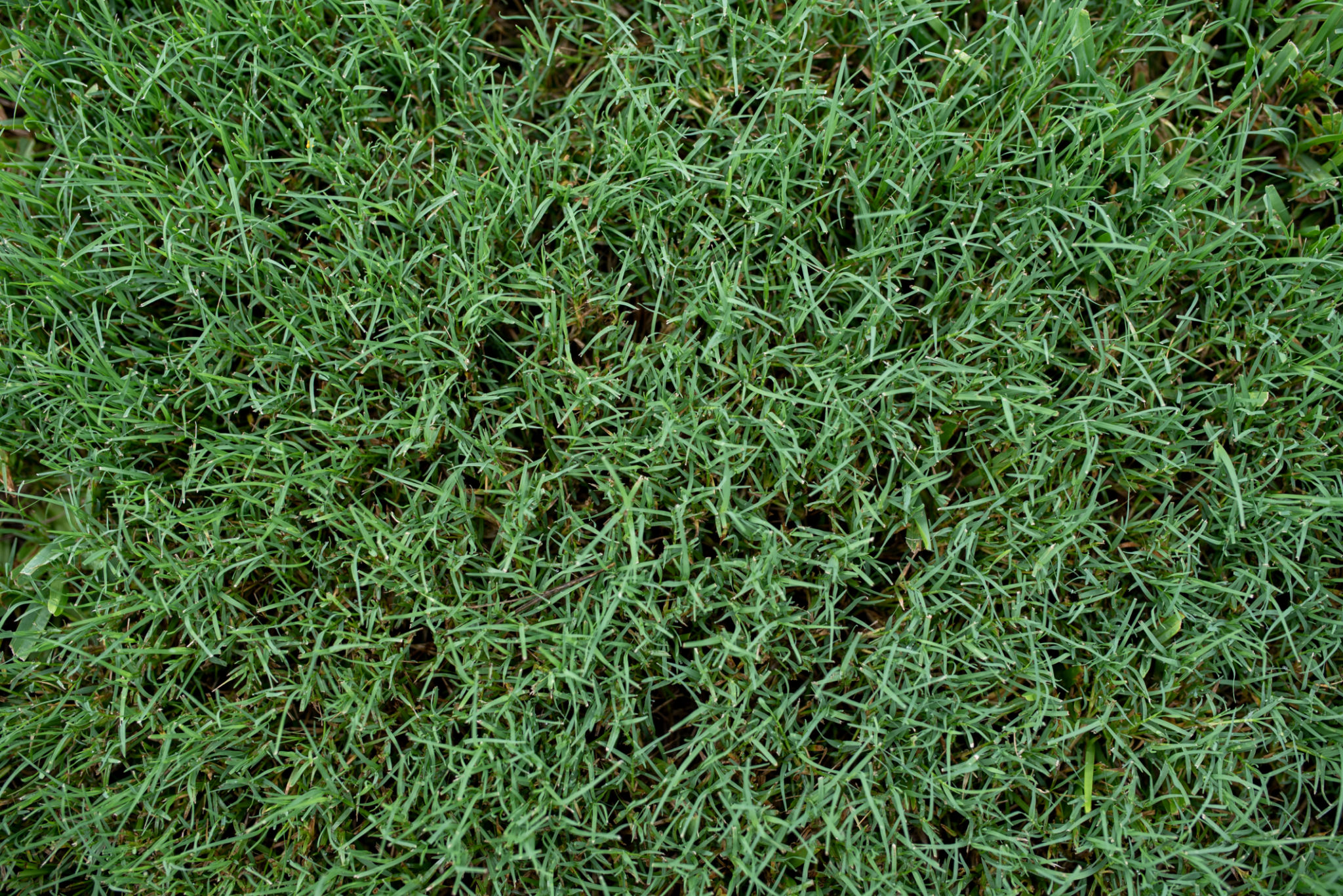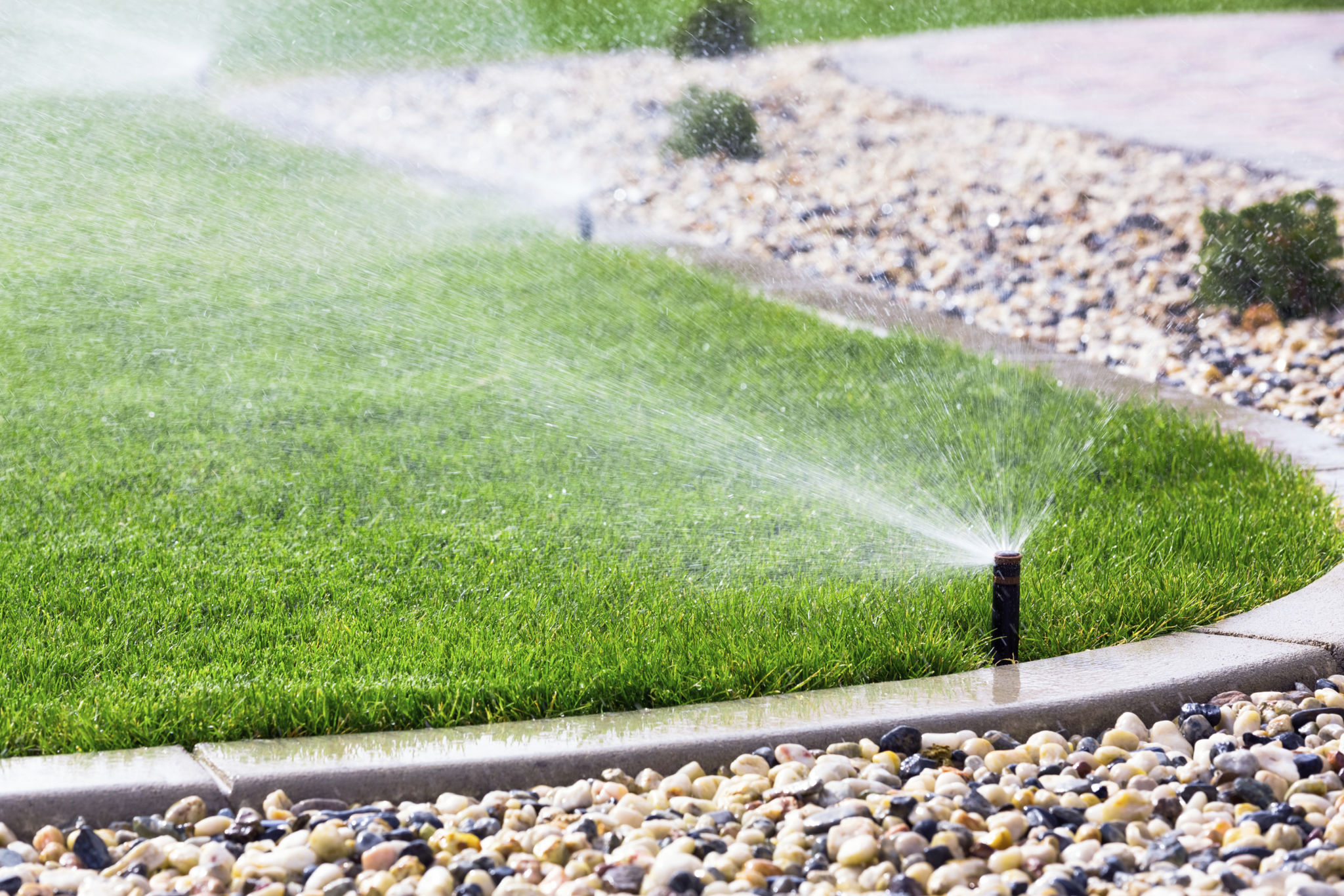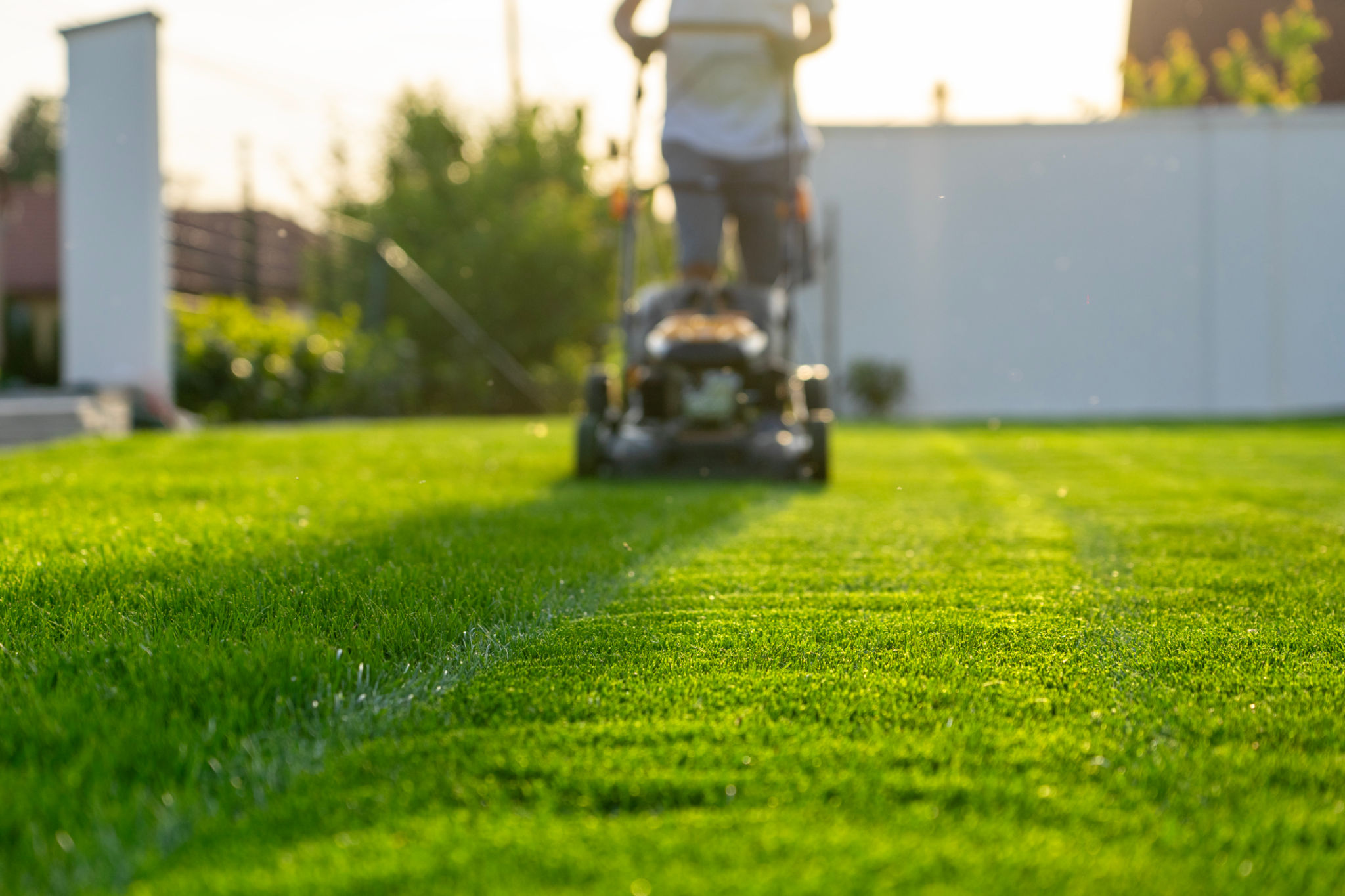The Ultimate Guide to Bermuda Grass Care: Tips from Landscaping Experts
Bermuda grass is a popular choice for lawns and landscapes due to its durability and lush appearance. However, maintaining its vibrant green color and thick coverage requires proper care and attention. In this guide, we dive into expert tips and tricks that will help you achieve a perfect Bermuda grass lawn.

Understanding Bermuda Grass
Bermuda grass is a warm-season grass that thrives in sunny environments and well-drained soil. It is known for its ability to withstand heavy foot traffic, making it ideal for both residential and commercial landscapes. Its growth pattern is aggressive, so it requires regular maintenance to prevent it from overtaking other areas of your garden.
Climate Considerations
Bermuda grass flourishes best in regions with long, hot summers and mild winters. It's important to consider your local climate when deciding whether this grass is the right choice for your lawn. In cooler climates, Bermuda grass may turn brown in winter, but it typically revives with the return of warm weather.
Watering Techniques
Proper watering is crucial for maintaining healthy Bermuda grass. It needs about 1 to 1.5 inches of water per week, including rainfall. Water deeply but infrequently to encourage deep root growth. Morning is the best time to water your lawn as it reduces evaporation and fungal diseases.
Signs of Overwatering
Overwatering Bermuda grass can lead to several problems, such as root rot and increased weed growth. If you notice yellowing leaves or a spongy feel underfoot, it might be time to adjust your watering schedule.

Mowing Practices
Regular mowing is essential for maintaining the health and appearance of Bermuda grass. Keep your mower blades sharp and set at the right height – typically between 1 to 1.5 inches. This height prevents the grass from becoming too dense while allowing sunlight to reach the lower blades.
Frequency of Mowing
The frequency of mowing depends on the growth rate of your grass. During peak growing seasons, you may need to mow twice a week. Remember not to cut more than one-third of the grass height in a single mowing session to avoid stress on the plants.

Fertilization Tips
Fertilizing Bermuda grass is vital for keeping it lush and green. Use a balanced fertilizer with equal parts nitrogen, phosphorus, and potassium. Apply fertilizer during the active growing season, typically between late spring and early fall.
Avoiding Common Fertilization Mistakes
Over-fertilization can lead to excessive growth and increased vulnerability to diseases. Follow the recommended application rates on the fertilizer package, and always water your lawn after fertilizing to help the nutrients penetrate the soil.
Weed and Pest Control
Keeping weeds at bay is an essential part of Bermuda grass care. Regular mowing and proper fertilization can help reduce weed growth. For more persistent weeds, consider using a selective herbicide that targets weeds without harming the grass.
Pests such as armyworms and grubs can also be problematic. Regular monitoring and using appropriate insecticides when necessary can keep these pests under control.
By following these expert tips, you can ensure that your Bermuda grass remains healthy and beautiful year-round. With consistent care and attention, your lawn will be the envy of the neighborhood.